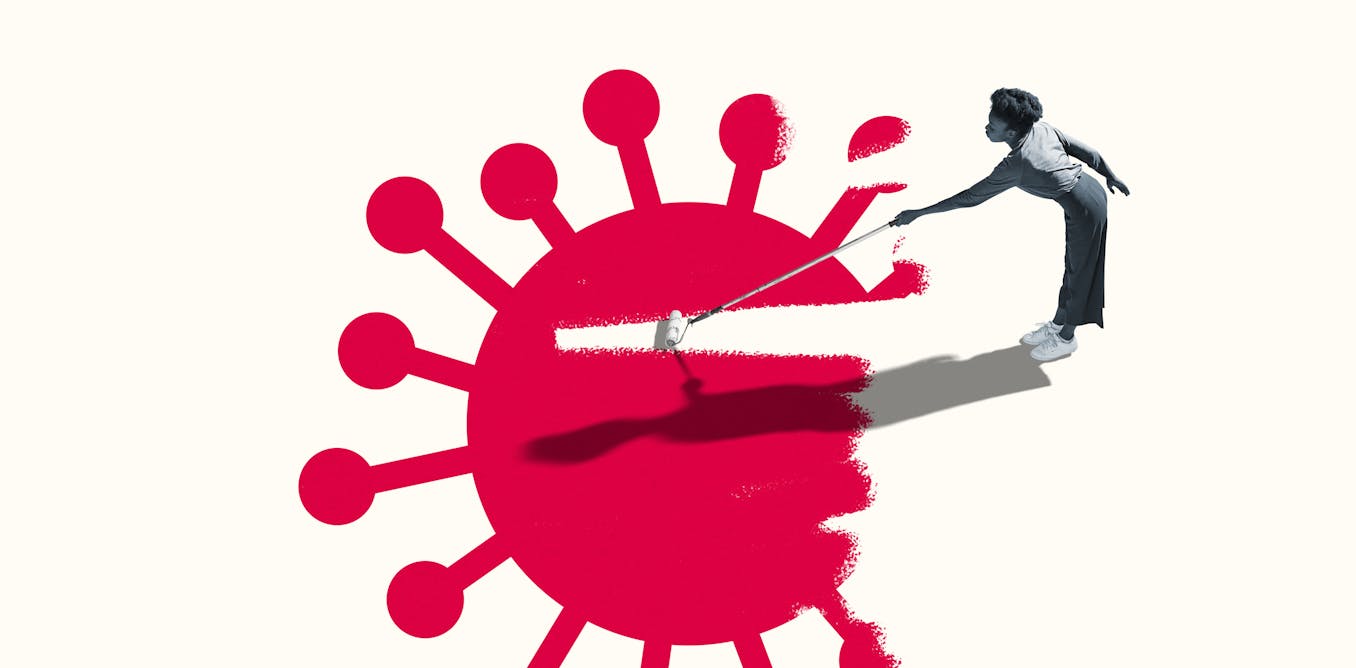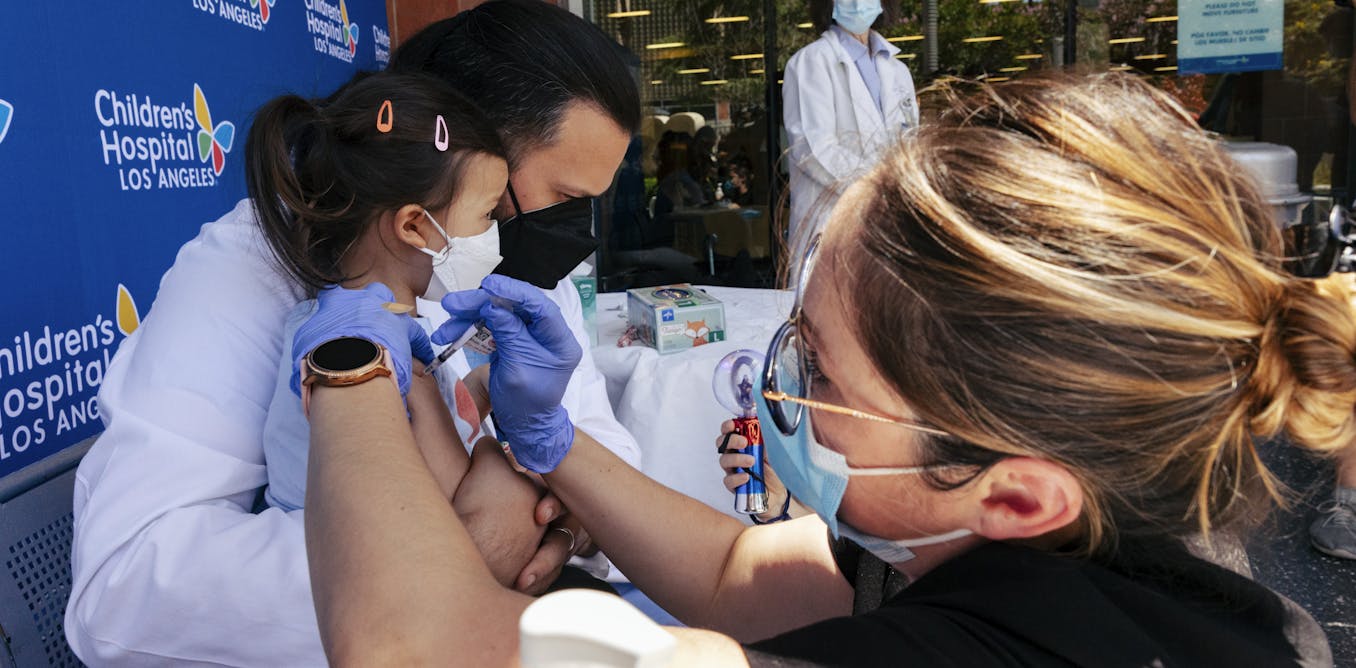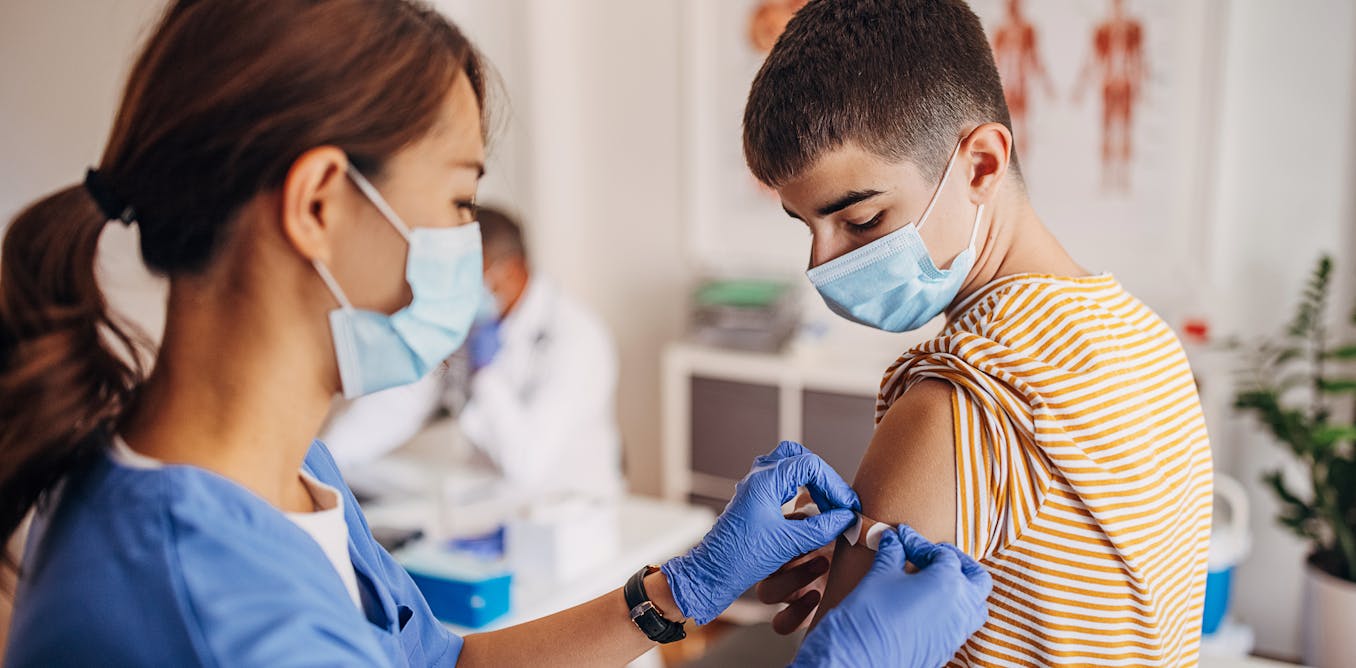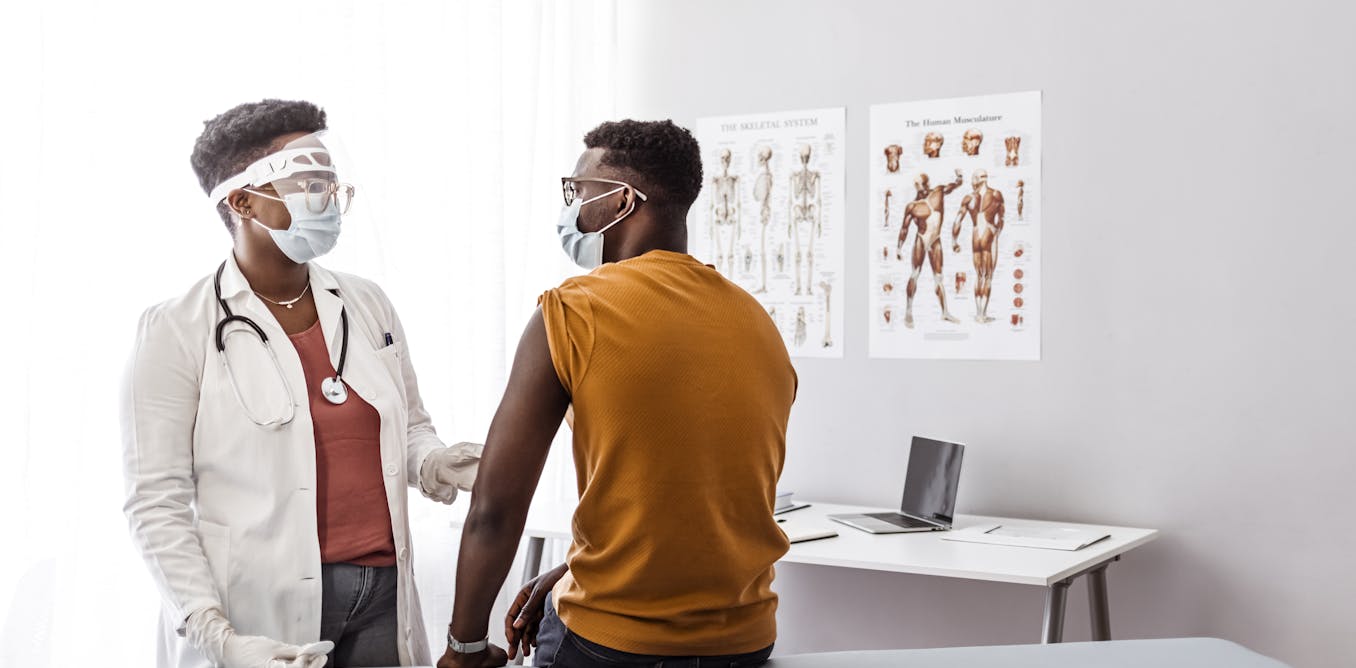What does ending the emergency status of the COVID-19 pandemic in the US mean in practice? 4 questions answered
The emergency status allowed the federal government to cut through a mountain of red tape, with the goal of responding to the pandemic more efficiently.
May 10, 2023 • ~11 min









